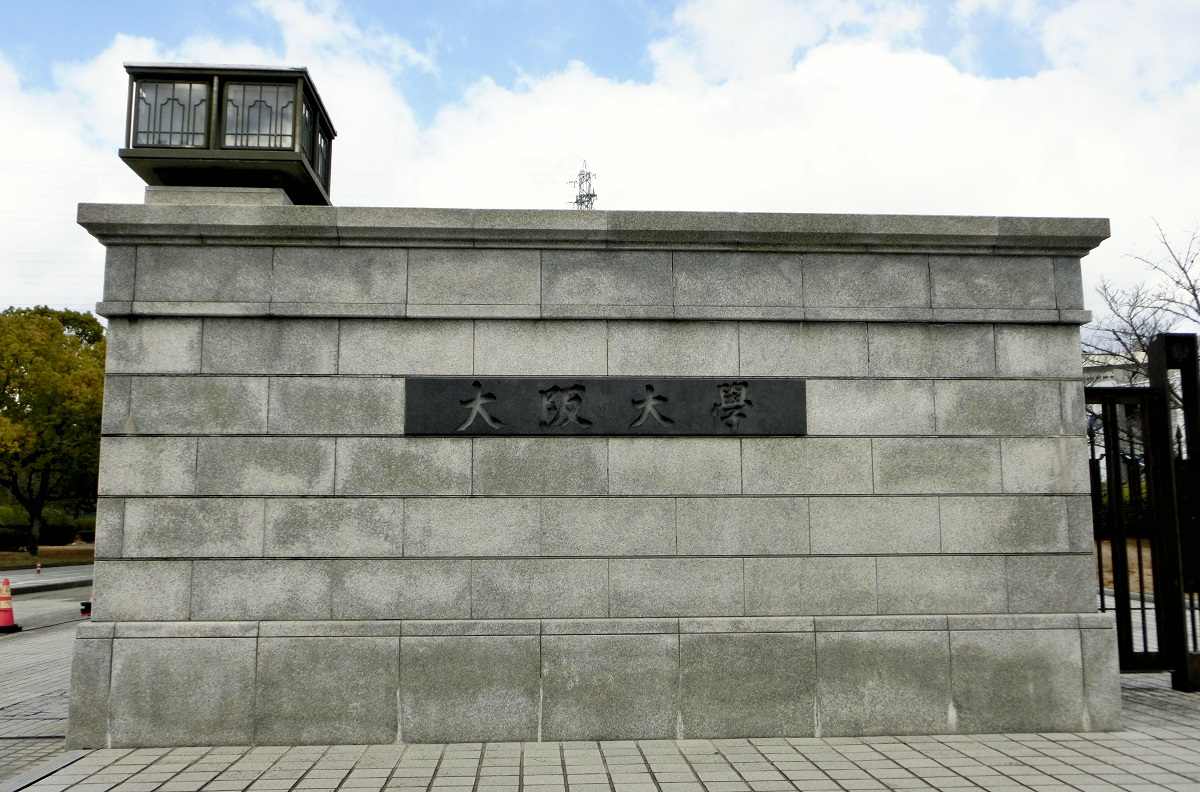Japan-U.S. Experts Aim for ‘Testicle Bank’ to be Established for Boys with Cancer; Research Begins on Artificially Maturing Sperm

Osaka University
20:00 JST, June 30, 2024
A Japan-U.S. team of experts plans to establish a “testicle bank” in Japan as early as next year to freeze and preserve part of the organs of young boys undergoing treatment for cancer, it has been learned.
There are many cases in which cancer patients treated with radiation or anticancer drugs become infertile, even if treatment is successful. There have already been cases in which the eggs, ovaries and sperm of adults have been preserved for infertility treatment. However, fertility treatment in which sperm is produced from immature testes has not yet been realized.
Osaka University Prof. Masahito Ikawa and others began research to maturate sperm using cells taken from the immature testes of a boy undergoing cancer treatment. These cells will be cultured along with cells produced by induced pluripotent stem, or iPS, cells.
As part of the latest research, researchers from the University of Pennsylvania will focus on whether artificially matured sperm are normalized, while Baylor College of Medicine will search for drugs that can grow sperm normally to enhance the safety of the infertility treatment.
The researchers hope to put the treatment into practical use when the research participants reach adulthood in 20 years. The team aims to use the treatment in such a way as fertilizing an egg with the matured sperm in vitro and re-implanting testicular cells to the patient after he has grown up.
Several national and public universities in Japan are considering participating in the envisaged testicle bank, which is expected to begin with an aim of registering about 10 patients a year.
When registering with the testicle bank and having cells collected from their testes, the patients, along with their families, will be informed through counselors and others that the treatment of the cancer will be prioritized and the infertility treatment is still in development.
“This will be a source of hope for pediatric cancer patients and their families. We want to establish the procedure by the time the patients grow up,” said Ikawa, an expert on reproductive medicine.
Top Articles in Society
-

Producer Behind Pop Group XG Arrested for Cocaine Possession
-

Man Infected with Measles Reportedly Dined at Restaurant in Tokyo Station
-

Man Infected with Measles May Have Come in Contact with Many People in Tokyo, Went to Store, Restaurant Around When Symptoms Emerged
-

Woman with Measles Visited Hospital in Tokyo Multiple Times Before Being Diagnosed with Disease
-

Australian Woman Dies After Mishap on Ski Lift in Nagano Prefecture
JN ACCESS RANKING
-

Producer Behind Pop Group XG Arrested for Cocaine Possession
-

Japan PM Takaichi’s Cabinet Resigns en Masse
-

Man Infected with Measles Reportedly Dined at Restaurant in Tokyo Station
-

Israeli Ambassador to Japan Speaks about Japan’s Role in the Reconstruction of Gaza
-

Videos Plagiarized, Reposted with False Subtitles Claiming ‘Ryukyu Belongs to China’; Anti-China False Information Also Posted in Japan























